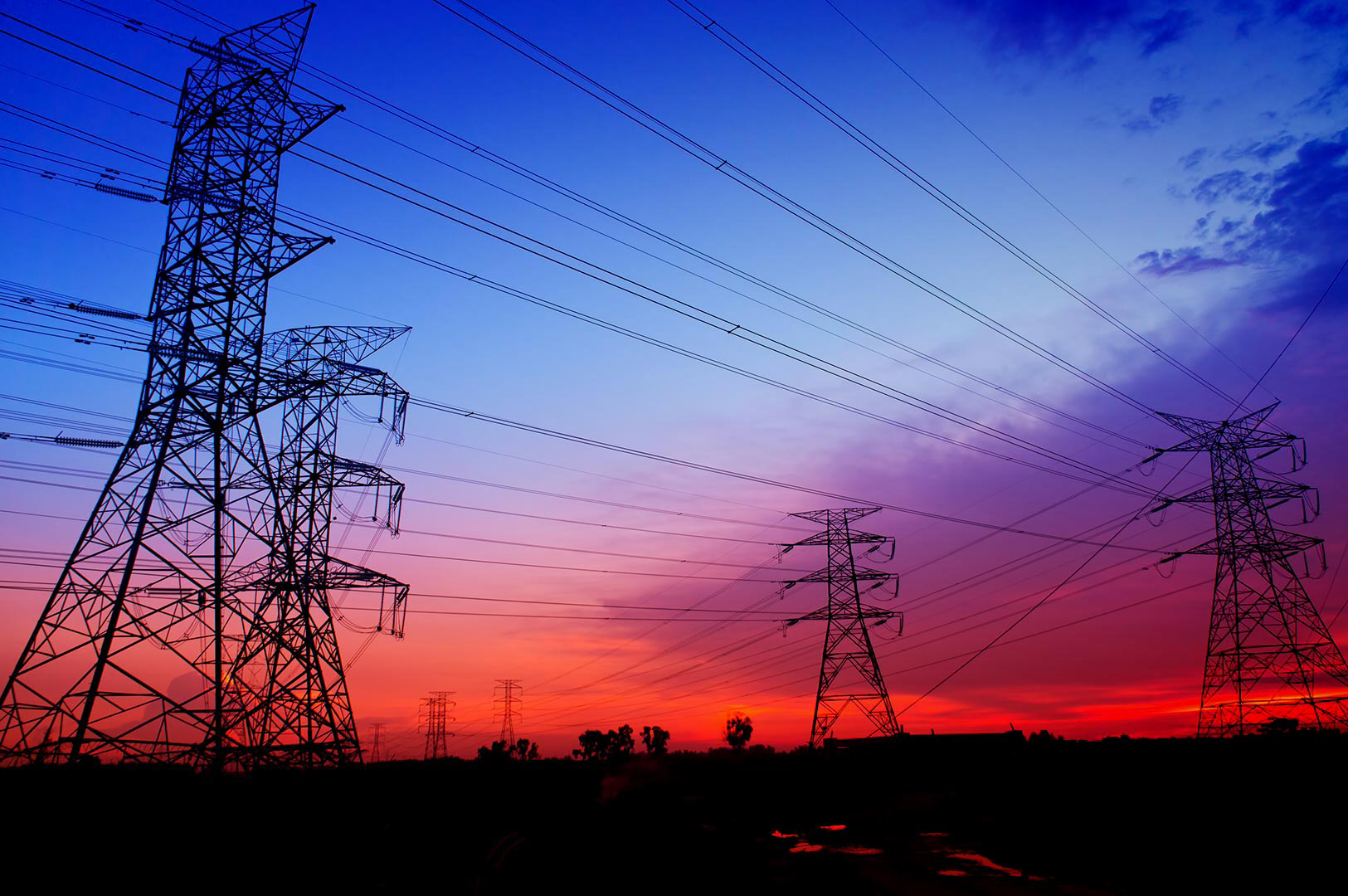As you are no doubt becoming aware, the electricity market is getting ready to transition to a system of ‘half-hourly settlement’.
In a nutshell, this entails introducing a faster, more accurate way to track how much electricity is consumed at every meter across the land, ultimately to support smarter, more flexible and more efficient power generation in a net-zero UK.
While this may be the big picture vision, it’s no surprise that it’s the actual details that energy consumers are keener to understand.
How will Market-wide Half-Hourly Settlement (MHHS) impact your business, your meters, your invoices, your insight around the energy you use? And these are good questions.
Luckily, as one of the first data and metering service providers to become accredited under MHHS, we are now in a position to support customers with figuring out the best way forward.
Most change ahead for NHH meters
For consumers with any traditional Non-Half-Hourly (NHH) meters in your portfolio, you’re likely to experience a greater impact than those with Half-Hourly (HH), Automated Meter Reading (AMR) or Smart meters.
This is because HH, AMR and most Smart meters are already capable of providing the data needed for half-hourly settlement, and these consumers already use three types of services to process this data. So while some of the methodology will change under MHHS, the basic premise will remain fairly similar.
Traditional NHH meters, on the other hand, do not supply consumption data automatically or frequently – and the associated metering services are rather basic.
Under MHHS, this will change.
A more complex arrangement
Ultimately, the aim is for all consumers to upgrade to meters capable of capturing half-hourly consumption. But until that happens, MHHS will introduce three key changes to existing metering arrangements for traditional meters.
Firstly, consumers with traditional meters will need to have two new services – Metering Service Smart (MSS) to look after their actual meters, and Smart Data Service (SDS) to collect, validate and prepare consumption data.
Secondly, a far more sophisticated and granular model of estimating consumption on a half-hourly basis will be introduced for settlement purposes (see our load-shaping blog to understand more).
And finally, under MHHS, the ‘settlement’ window – where actual consumption is reconciled against the electricity volumes purchased by suppliers via a Central Settlement Service – is reducing, from the current 14 months to just four. This will increase pressure on suppliers to receive more frequent meter reads from traditional meters to ensure this four-monthly settlement process is accurate.
So we’re looking at the appointment of new agents, a more sophisticated arrangement to estimate consumption data, and a potential increase in manpower to gather more physical meter reads.
I think you know where this is going.
Maximise the benefits
So how best to manage this change – and make the most of the opportunities it presents?
My advice is to upgrade any traditional meters in your portfolio to modern, advanced metering. This means rolling out either AMR or Smart meters across your portfolio of sites.
That way, you can start making use of genuine half-hourly data that you can analyse to better manage (and ideally reduce) your consumption. This has the potential to offset any increase in metering costs.
It’s also worth looking at energy management software – such as our new My Energy Coach product – to support and automate this process, and maximise any potential savings.
The chances are if you are a business with any traditional meters, you probably have a mixed portfolio with a range of meter types. So rather than looking for an ‘off the shelf’ solution, we’d recommend talking to an experienced metering services provider to see what bespoke package they can offer to meet your specific needs.
That’s certainly the way we work in Data and Metering Services. And as of this month (September 2025), we are fully MHHS accredited too. So please visit our MHHS Hub for further information.
Finally, we appreciate that MHHS is a big change – we’re also having to dedicate a great deal of time and resource to process it. So we really do understand the need to make it as easy as possible for businesses like yours.
/npm214%20Digital_H_UB134.jpg)
/npm214%20Digital_H_UB132.jpg)
.png)
/npm214%20Digital_H_UB94.jpg)
/npm214%20Digital_H_UB130.jpg)



/npm214%20Digital_H_UB129.jpg)

/Author%20Profile%20Burdett_Zoe_G.png)
